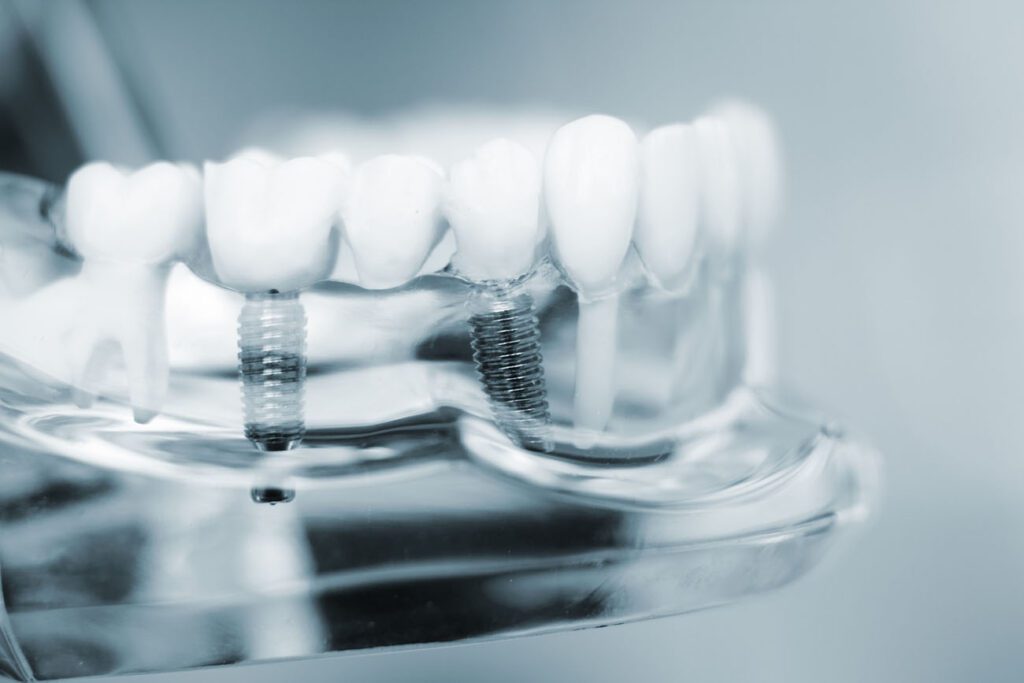Missing teeth can lead to worsening dental conditions. When you lose a tooth, the neighboring teeth can shift, leading to an uneven bite and potential jaw disorders. You’re also more likely to develop gum disease where your tooth is missing. Dental implants in Quakertown, PA, can help restore your bite after losing a tooth, but they may not be the right treatment for everyone. After examining your mouth and discussing your lifestyle habits, your dentist can help determine if a dental implant is right for you.

What Complicates Getting Dental Implants in Quakertown, PA?
Dental implants require surgery, so the first consideration is your overall medical health. Your dentist may need to coordinate with your doctor to ensure you are healthy enough to undergo surgical placement for an implant. But even if you are medically cleared for treatment, there could be other factors that might make getting an implant difficult.
Gum Disease
Healthy gums are a requirement for getting dental implants. If you suffer from gum disease, you are more likely to experience pain and discomfort when getting an implant. More than that, the disease and weakness in your gums could affect the implant itself. Patients with gum disease are more likely to have their implants fail or fall out. This can damage your mouth even further and cause a delay in your treatment.
If you do have gum disease, however, you may still be able to get an implant. Successful periodontal therapy can clean your gums and remove the disease. Once cleared by your dentist, you may then be ready to get an implant successfully.
Low Jaw Bone Density
Our teeth are connected to our jaw bones through their roots. When a tooth falls out or is extracted, the jaw bone is likely to lose a bit of density. The longer a tooth is missing, the more bone density you could lose. If the jaw bone isn’t dense enough to support an implant, then it could fail to integrate. This can lead to pain, discomfort, and the loss of the implant.
Before getting an implant, your dentist will take an x-ray of the affected area to determine if you have enough jaw bone density. If not, they will likely recommend a bone grafting treatment. If bone grafting is successful, you may have enough bone density to get an implant.
Smoking
Smoking can create serious complications when getting an implant. Not only can the harmful chemicals in a cigarette or cigar negatively affect the implant, but the sucking motion used to smoke can cause the implant to come loose or suffer other damage. Because getting an implant often takes a few months of treatment, it’s recommended that patients quit smoking as soon as possible before getting surgery to help ensure their implant is successful.
If you’re missing a tooth, a dental implant could help restore your smile and improve your bite. At Upper Bucks Dental Arts, we do everything we can to ensure your mouth is stable and healthy enough to get implant treatment. Call us today at (215) 876-0543 to schedule a consultation and learn more about implant dentistry.
